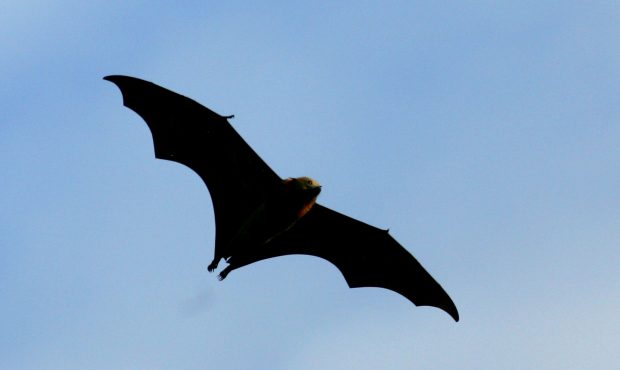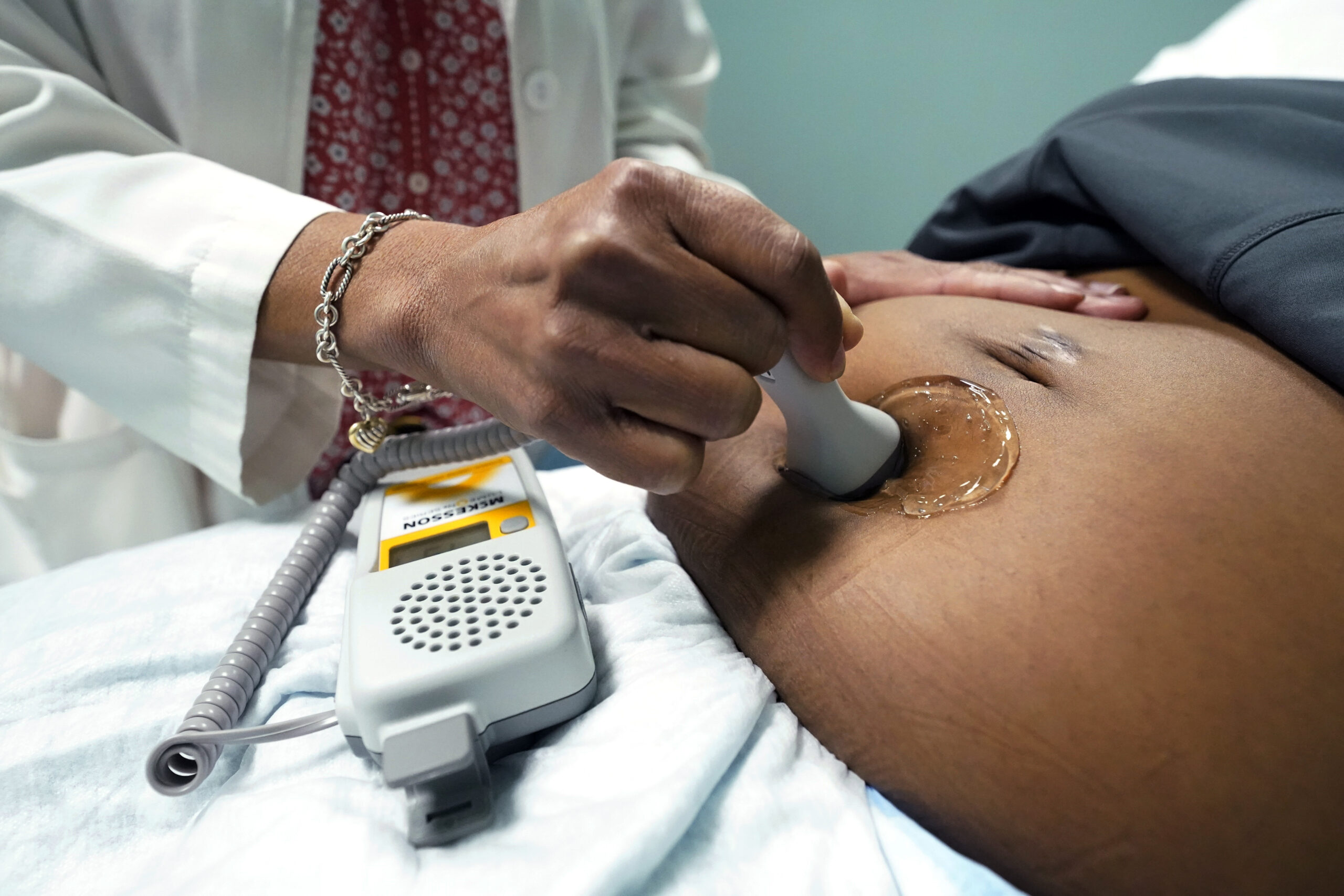First Utahn Dies From Rabies Since 1944
Nov 8, 2018, 10:03 AM | Updated: 12:13 pm

The Utah Department of Health said residents and animals are most likely to be exposed to rabies from a bat. (Photo by Ian Waldie/Getty Images)
(Photo by Ian Waldie/Getty Images)
SALT LAKE CITY, Utah – A Utah man has died after being exposed to rabies.
Gary Giles, 55, of Moroni, died Sunday after struggling with a slowly-progressing disease.
Utah public health officials confirmed the case, and they suspect the person was infected by a bat. It’s the first time a Utahn has died from rabies since 1944.
Gary Giles’ wife, Juanita, said the couple would capture bats in their home and release them outside. She said they didn’t want to hurt the bats because they control the insect population.
Officials with the Department of Health said people and animals in Utah are most likely to come into contact with rabies through exposure to bats. They note bat bites or scratches can be so small that the injured person may not see or feel them.
People who have had potential contact with a bat should contact their doctors as soon as possible. There is prevention treatment available, but once symptoms begin, it’s almost always fatal, according to the UDOH.
“Every year, an estimated 40,000 people nationwide receive a rabies prevention treatment called post-exposure prophylaxis (PEP) after a bite or scratch from a domestic animal, such as dogs or cats, with unknown vaccination status,” according the media release. “Not all animal exposures require PEP.”
The UDOH urges Utah residents to vaccinate their pets, and supervise them when they’re outside to help keep them from coming in contact with wild animals.
They also suggest reporting stray animals to local authorities, and advise against approaching wild animals.
Most importantly, never touch a bat.
“If you find yourself near a bat, dead or alive, do not touch, hit, or kill it,” said Dallin Peterson, epidemiologist with the Utah Department of Health. “Call your health care provider or local public health department immediately to report the possible exposure and determine whether preventive treatment is necessary.”
For more information on rabies, call the Utah Department of Health at 801-538-6191 or visit health.utah.gov/epi/diseases/rabies.
KSL Newsradio’s Peter Samore’s and Deseret News’s Wnedy Leonard’s reporting contributed to this story.












